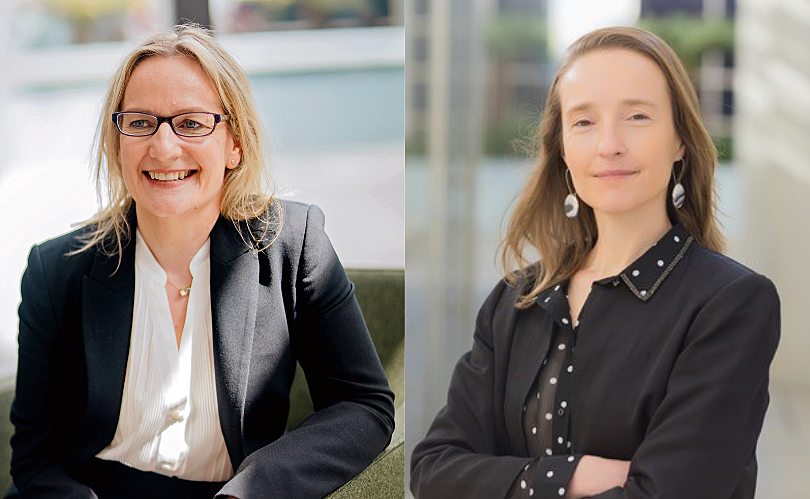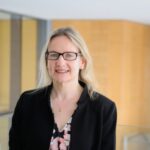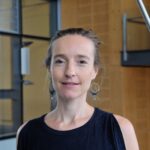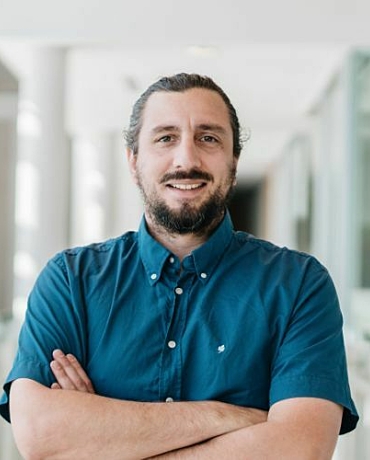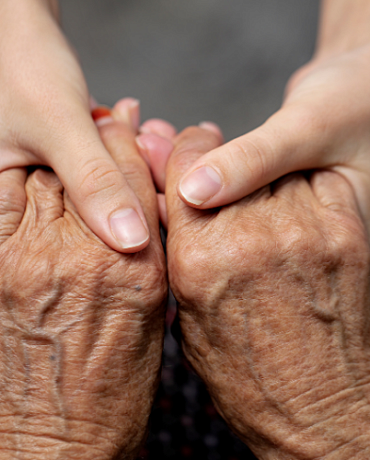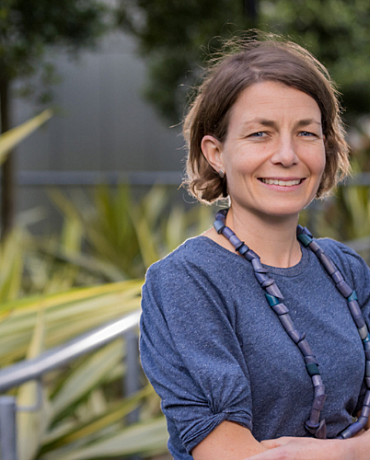NeuRA is proud to announce that two researchers from Neuroscience Research Australia (NeuRA) and UNSW Sydney have been awarded $5.9 million in funding from the Medical Research Future Fund’s (MRFF) Dementia, Ageing and Aged Care Grants to improve care for diverse, disadvantaged and vulnerable older Australians.
Scientia Professor Kaarin Anstey, Senior Principal Research Scientist at NeuRA and UNSW Science, School of Psychology, has received $3 million for a project aimed at delaying or preventing dementia in older adults who are already experiencing cognitive symptoms.
Professor Kim Delbaere, Senior Principal Research Scientist at NeuRA and UNSW Medicine and Health, School of Population Health, has been awarded $2.9 million to develop and test StandingTall-Rehab, a digital exercise program aimed at helping older adults recover more effectively after injury or illness.
Professor Matthew Kiernan, CEO and Institute Director of NeuRA, extended his congratulations: “This is an outstanding outcome for Professors Anstey and Delbaere. Their success acknowledges the dedication of our researchers in advancing translational research that directly improves health outcomes for the community and highlights our strength in leading Australian medical research focused on healthy ageing.”
Meeting the challenge of dementia prevention
It is estimated more than 421,000 Australians currently live with dementia. It is the second leading cause of death for Australians, and tipped to soon become the country’s leading cause of death. While there is no cure for dementia, it has been shown that around 40 per cent of an individual’s dementia risk can be addressed.
To meet this challenge, Professor Anstey will use the grant to launch CogCoach-Brain, a widely accessible lifestyle risk reduction program for cognitively at-risk older Australians. Delivered online with health consults from exercise physiologists, dieticians, and psychologists, the project includes a two-year follow-up period. Participants will be sought through memory clinics, primary care and the community. At the conclusion of the project, a toolkit will be developed to assist health practitioners in implementing the program.
“Importantly, the program will address a significant gap in services for older adults,” said Professor Anstey.
“We’re delighted to see the funding for this program address the risk factors for dementia – which affects so many ageing Australians.”
Addressing a critical gap in rehabilitation services
Every year, 538,000 Australians are hospitalised due to injuries. Rehabilitation following injury or illness is crucial for regaining physical function, enhancing quality of life and reducing the need for ongoing health and community support. However, rising demand for rehabilitation services, driven by chronic diseases and fall-related injuries among older adults, is overwhelming healthcare systems.
To address this need, Professor Delbaere will use this grant to evaluate the effectiveness, cost-effectiveness and implementation of StandingTall-Rehab to improve function in patients aged 50+ requiring rehabilitation services after an acute health event. If proven effective, StandingTall-Rehab will become a scalable, low-cost digital rehabilitation solution that will improve rehabilitation service access for all Australians.
“StandingTall-Rehab addresses a major gap in rehabilitation services. Many older adults do not get enough support to recover fully after a hospital stay, leading to long-term disabilities and reduced quality of life,” said Professor Delbaere. “This program enables patients to perform personalised exercises at home, using a tablet computer, which helps them regain their strength and independence without needing to travel to a clinic. Importantly, it was co-designed with consumers and healthcare partners to ensure it is user-friendly, accessible to diverse communities and truly beneficial to those we intend to support.”
